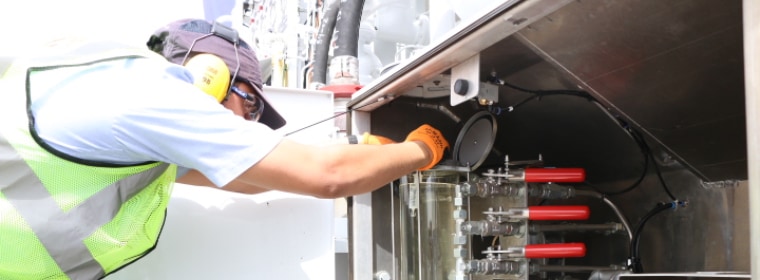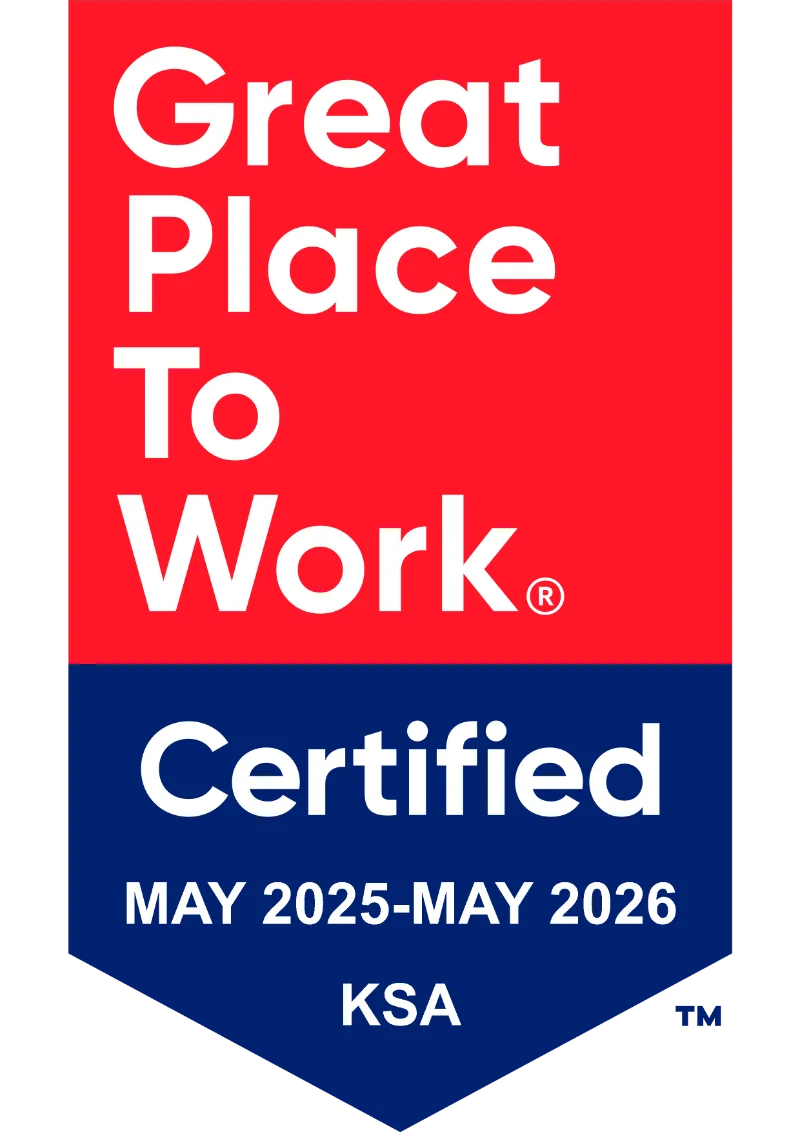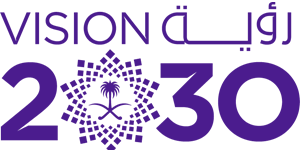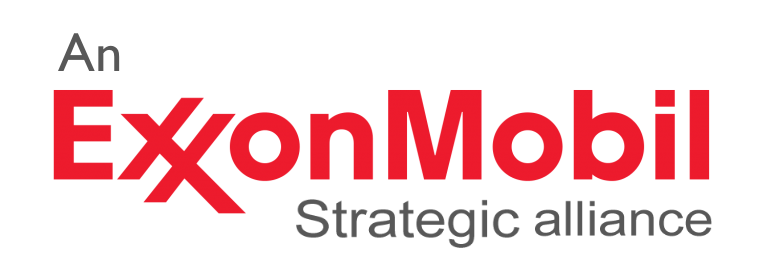
Training
-
14th Floor, Zahran Business Center, Tower A, Jeddah, Saudi Arabia
-
+966 12 653 0684
-
aviation-sales@apsco-ksa.com
-
24/7

One of the main factors of having continues success and securing Apsco’s position as the leader in Aviation business in the region is having a qualified and professional team therefore; Apsco is devoted to aiding and assisting its personnel in order for them to be able to work to the best of their potential. For this reason, Apsco provides a number of training sessions, both in house and outsourced to other companies under its TSA, to remain proficient in all aspects of Aviation Fuel Quality Control, Aircraft Fueling Techniques and Depot Management.
Training includes but not limited to the following courses:
- Standard Aviation Fuel Handling Training (Fuel receipts, Storage handling, Into- Plane Operations, Stock Control Overview).
- Aviation Fuel Quality Control (Jet Fuel specifications, Filtration systems, Sampling requirements, Millipore tests, Recertification tests).
- Aviation Maintenance (Depots, Fueling Equipment e.g. Meter Calibration, PCV test, Filter inspection and change, Hose Hydrostatic test, Pressure Gauge Calibration, Pressure Relief Valve Tests, Components repairing and overhauling).
Training consultants
Apsco training consultant’s team is professionals in the industry who have acquired between 10 and 40 years of relevant industry experience, and who have received international standards training.
Types of Training Offered
In order to provide a fully encompassing spectrum of training, Apsco diversifies its training sessions into three main branches: Job specific training, Career Development, and Educational Development. Job development is centered on training individuals to hone their skills and abilities in order to meet the requirements of their current position. Career Development focuses on developing employee competencies to prepare them for their future positions.
Additionally, our training sessions extend beyond the typical formats and includes both formal training, such as those mentioned previously, as well as informal training which include peer and supervisor coaching for specific skills, mentoring (both internal and external), job rotation, job shadowing, cross functional training, and assuming the role of the supervisor when they are away.
- Contact us
-
Customer Services:
customerservice@apsco-ksa.com
+966 920003525
© 2024 Apsco - All rights reserved




